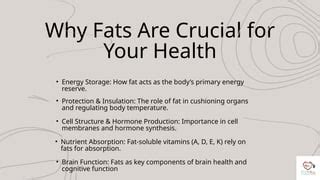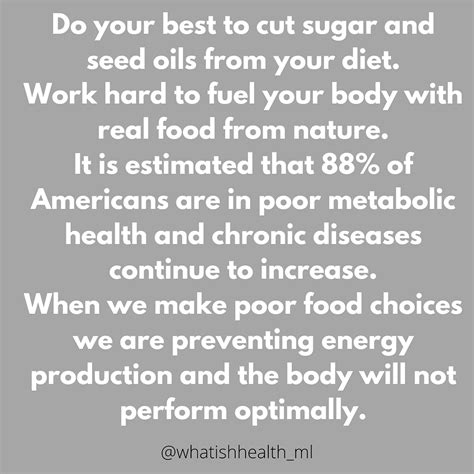The Crucial Role of Cholesterol in Hormone Synthesis
Beyond simply providing calories, certain dietary fats play a profoundly specific role in a man’s physiological well-being, particularly concerning hormone regulation. The primary and most direct type of dietary fat that acts as a crucial fuel for this process is **cholesterol**. While cholesterol often gets a bad rap, it is not merely a component of cell membranes; it is the fundamental precursor molecule for all steroid hormones in the body.
When we talk about male hormones, testosterone immediately comes to mind. But cholesterol is also essential for the production of other vital steroid hormones such as dihydrotestosterone (DHT), estradiol (a form of estrogen, also critical in men), cortisol (the stress hormone), and aldosterone (involved in blood pressure regulation). Without an adequate supply of cholesterol, the entire steroidogenesis pathway, which is the biochemical process of producing these hormones, would grind to a halt.
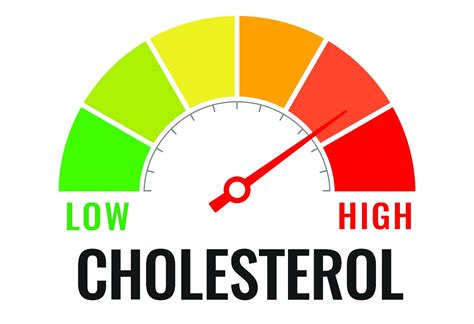
Saturated and Monounsaturated Fats: Dietary Sources and Impact
While the body can synthesize its own cholesterol, dietary intake plays a significant role in providing the raw materials. The types of dietary fats that contribute most directly to healthy cholesterol levels, and thus to hormone production, are saturated and monounsaturated fats. These fats, when consumed in moderation and from healthy sources, help to maintain the integrity of cell membranes and provide the necessary building blocks for cholesterol synthesis.
For instance, saturated fats found in sources like red meat, eggs, and dairy, along with monounsaturated fats prevalent in olive oil, avocados, and nuts, are instrumental. They don’t just provide energy; they directly influence the availability of cholesterol that can then be converted into steroid hormones within specialized cells, such as the Leydig cells in the testes for testosterone production.

Testosterone: The Primary Male Hormone Fuelled by Fat
Testosterone is perhaps the most well-known male hormone, responsible for characteristics like muscle mass, bone density, libido, and mood regulation. The synthesis of testosterone begins with cholesterol. Inside the Leydig cells, cholesterol is first converted into pregnenolone, which then undergoes a series of enzymatic reactions to become testosterone.
Insufficient intake of healthy fats, or diets severely lacking in cholesterol, can potentially impair this intricate pathway. Chronic low-fat diets, especially those that restrict saturated and monounsaturated fats, have been linked in some studies to lower testosterone levels. This underscores the importance of not just any fat, but specifically cholesterol and the dietary fats that support its healthy production and utilization.
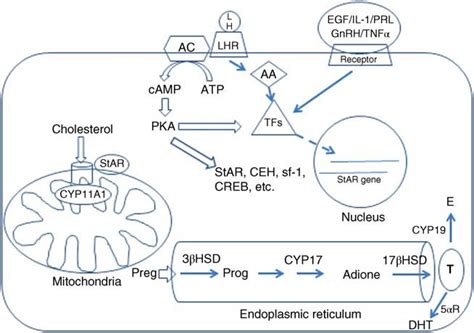
Beyond Testosterone: Other Steroid Hormones and Fat’s Role
While testosterone takes center stage for male health, cholesterol is equally vital for other steroid hormones. Cortisol, produced in the adrenal glands, is critical for stress response, metabolism, and inflammation. Aldosterone helps regulate blood pressure and electrolyte balance. Even estrogen, present in smaller but significant amounts in men, plays roles in bone health and cardiovascular function, and it too is synthesized from cholesterol via enzymatic conversion from androgens.
A balanced intake of healthy fats ensures the body has the building blocks to maintain an optimal balance across this entire spectrum of steroid hormones, supporting overall endocrine function and preventing a cascade of potential health issues that can arise from hormonal imbalances.

Practical Dietary Advice for Hormone Support
To support robust hormone regulation, men should focus on incorporating healthy sources of saturated and monounsaturated fats into their diet. Excellent sources include:
- Avocados: Rich in monounsaturated fats.
- Nuts and Seeds: Almonds, walnuts, chia seeds, flaxseeds – offering healthy fats and other nutrients.
- Olive Oil: A cornerstone of the Mediterranean diet, high in monounsaturated fats.
- Fatty Fish: Salmon, mackerel, sardines provide Omega-3s, which, while polyunsaturated, also contribute to overall cellular health supporting hormone function.
- Eggs: The yolk is a rich source of dietary cholesterol and fat-soluble vitamins.
- Grass-fed Meats and Dairy: Provide healthy saturated fats and cholesterol in a nutrient-dense package.
It’s crucial to differentiate between healthy, whole-food sources of fats and processed trans-fats or excessive intake of unhealthy saturated fats, which can negatively impact cardiovascular health and overall well-being. The key is balance and quality.
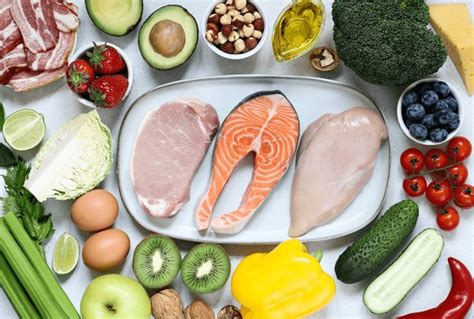
Conclusion
In summary, while all fats offer some form of energy, it is specifically **cholesterol**, derived from a diet rich in healthy saturated and monounsaturated fats, that acts as the indispensable fuel for a man’s hormone regulation. This understanding shifts the perspective from viewing all fats as mere energy sources to recognizing their profound and specific roles in maintaining the intricate balance of the endocrine system, particularly in the production of crucial steroid hormones like testosterone. Prioritizing quality dietary fats is not just about general health; it’s about directly fueling the machinery of male hormonal vitality.
